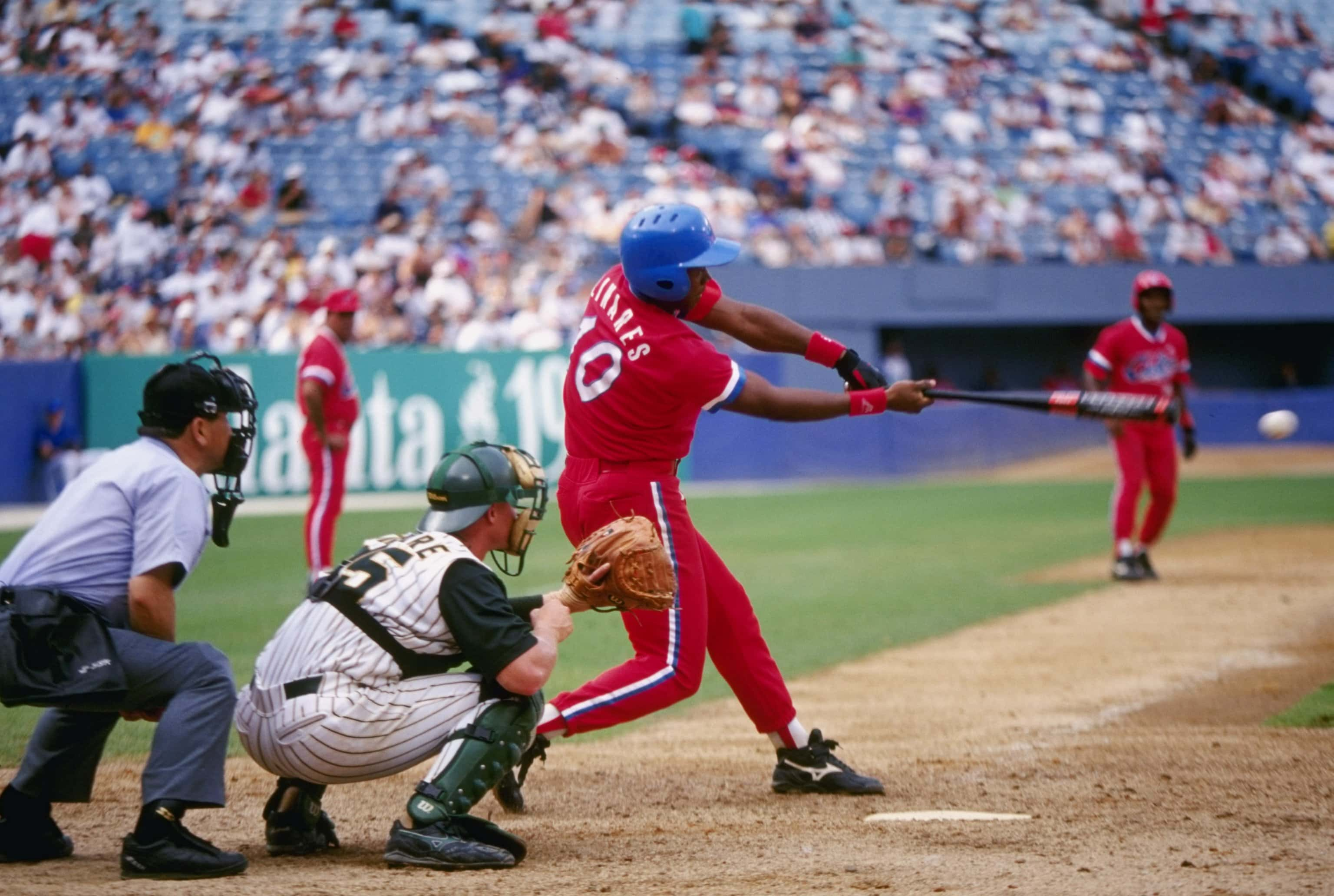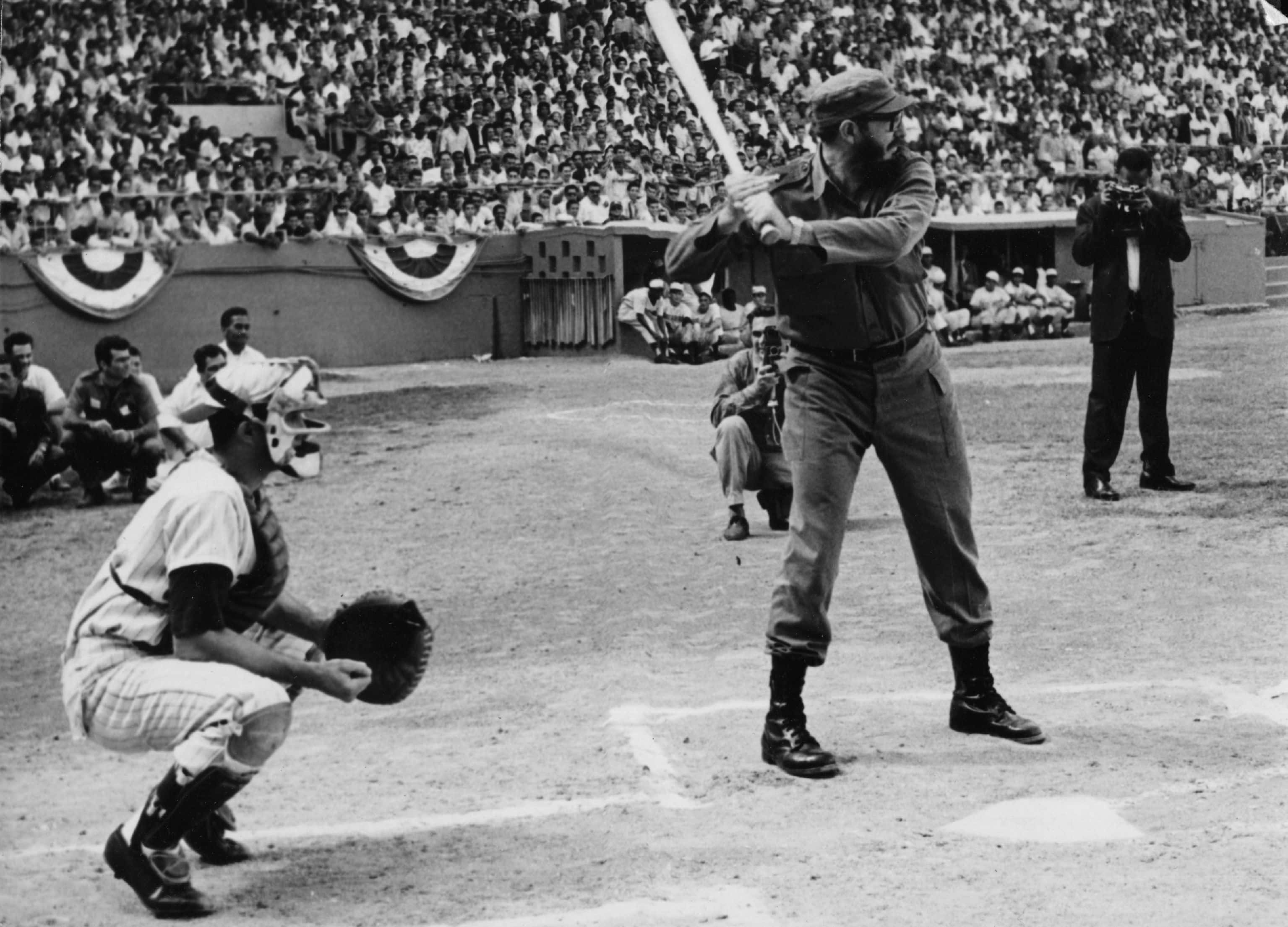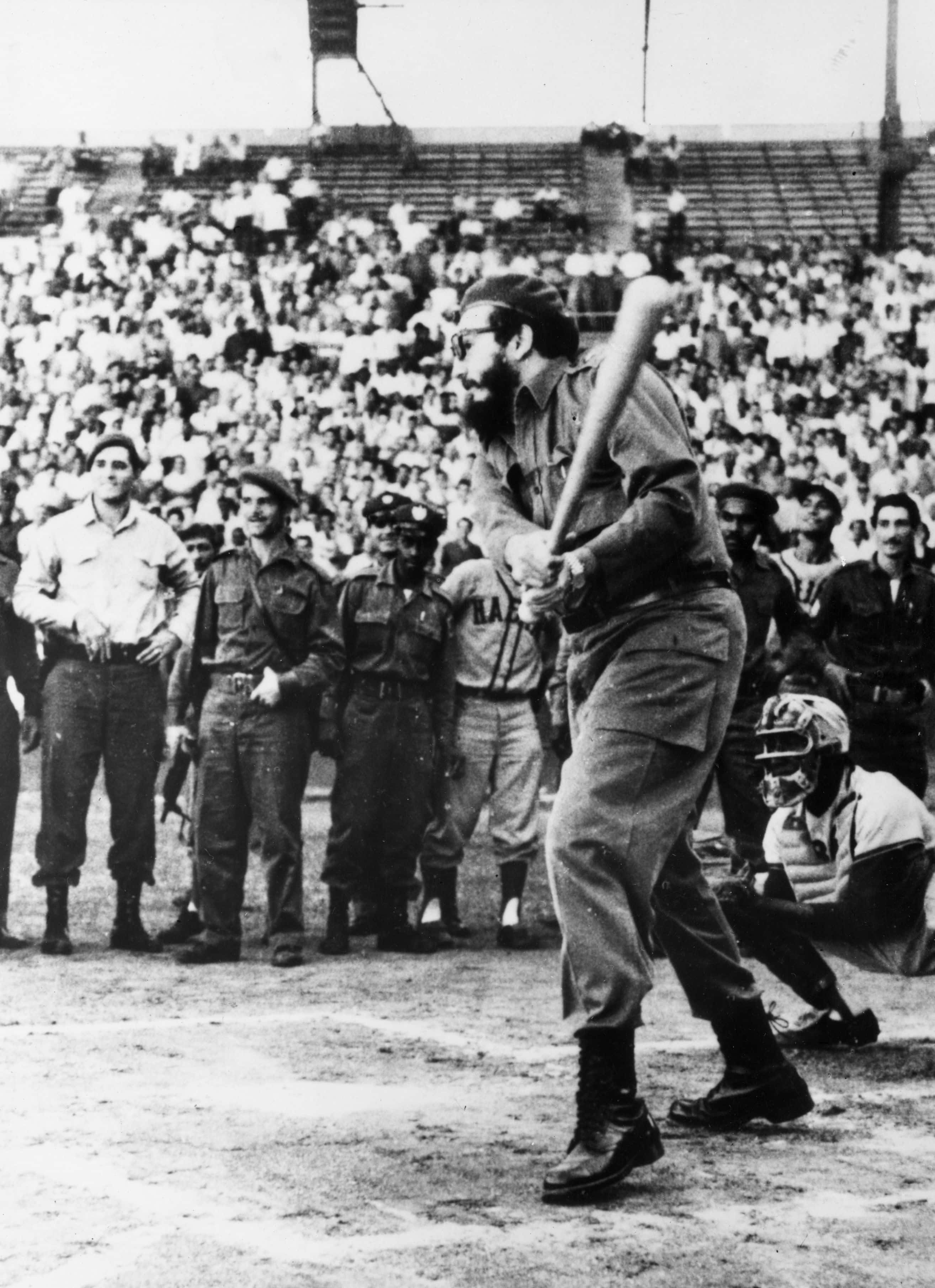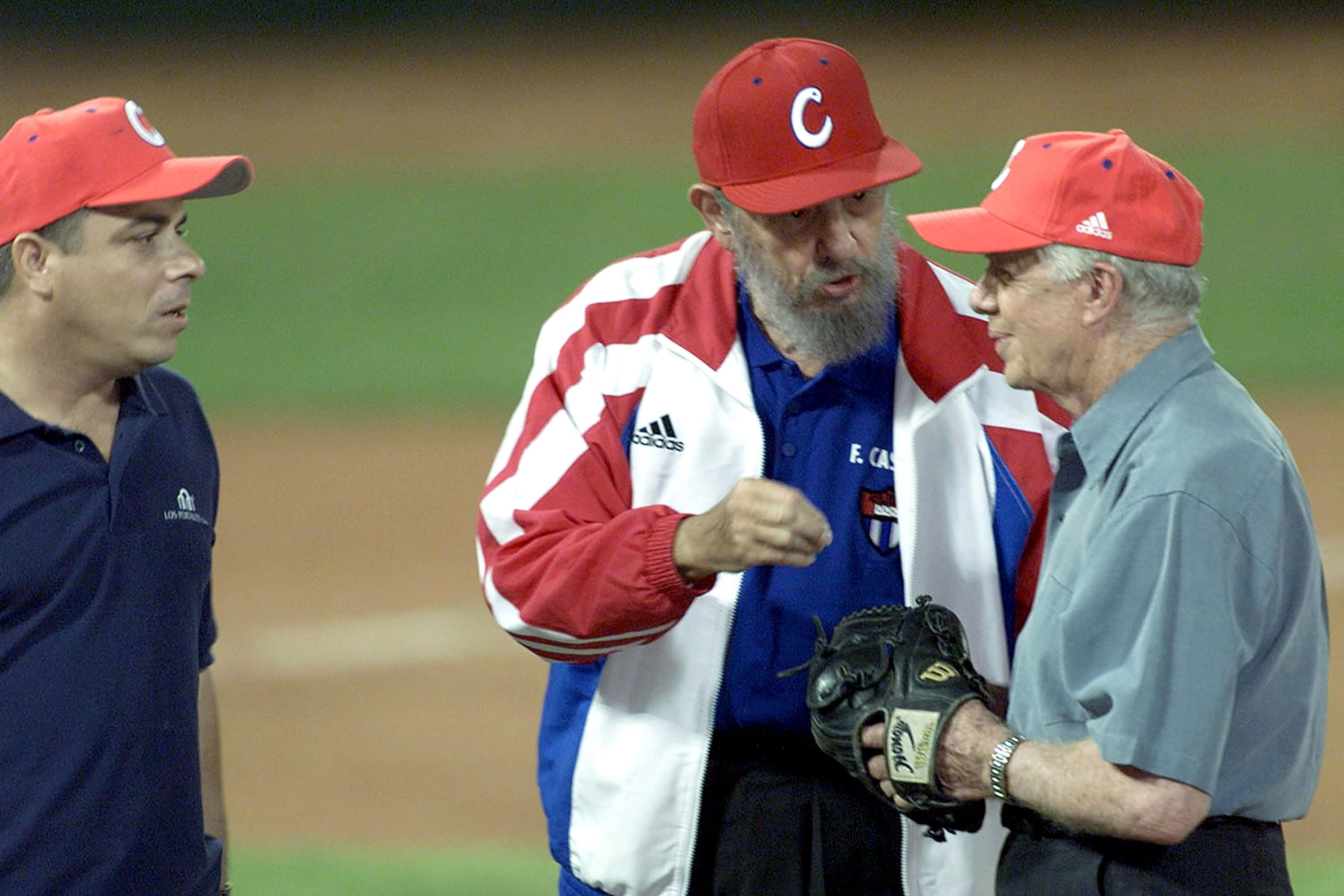Tokyo Olympics: How Cuba became best baseball team in the world

Cuba's national baseball team will not compete at the Tokyo Olympics, after suffering a crushing defeat to Canada in the qualifiers.
This is the first time the Cubans have failed to qualify for Olympic baseball since it became a medal sport in 1992. The country has long been a powerhouse in the sport, bagging three Olympic golds and a string of World Cup and Pan-American championships. Amid decades of internal political strife, Cuba adopted the sport as its national pastime and was often touted as the best baseball team at the Games.
RELATED ARTICLES
Tokyo Olympics: Full list of sports making their debut or comeback at the games
Who is MLB star Shohei Ohtani dating? LA Angels star touted as Home Run Derby 2021 winner
Despite being two vastly different countries, the United States and Cuba came to share an unlikely common denominator — their mutual love for baseball. Just like in the US, baseball is Cuba's most popular sport.
Baseball was embraced by Cuba shortly after it started in the US in the 19th century, possibly due to its geographical proximity. At the time, many Cubans took the sport as a political act against Spanish rule. Cubans adopted baseball after it was forbidden by the regime for being an American sport. On the other hand, they opposed Spanish bullfighting as a form of protest. It's worth noting that baseball remained Cuba's national pastime despite the souring relations with the United States following Fidel Castro's rise to power.

How Cuba became one of the best baseball teams on the planet
The first official baseball match in Cuba took place in Pueblo Nuevo, on December 27, 1874, between Club Habana and Club Matanzas. Habana won 51 to 9 in 9 innings.
Organized in 1878, the Cuban League consisted of three baseball clubs, namely Habana, Mantanzas, and Almendares. The first season consisted of four matches for every team, with Habana winning the championship undefeated. At the time, the teams consisted of only Caucasoid members and were amateurs. The league, however, started becoming more professional over the years as teams began bidding players from rival clubs.
The rivalry between Spain and the United States increased opportunities for baseball players in both Cuba and America. The level of play began to rise after Cuban teams started drafting the best players from other leagues, and stars like John Henry Lloyd and Willie Wells shot to fame.
In the late '60s, the Communist Party of Cuba under Castro abolished all professional sports on the island, saying they did not align with the principles of the Communist Revolution. But Castro himself was a huge fan of baseball, and so he decided to alter the idea of sports to match the ideology of the revolution. He went on to form the Institute for Sports, Physical Education, and Recreation (INDER) to create a nationwide league for athletes. From then on, baseball and sports in the country were meant to represent national pride and promote fitness and military preparedness — not for commercial success or a nod to western capitalism.

In many aspects, Castro's idea worked. Through baseball, Cubans felt they were personally involved in the nation-building, socialization, and political integration of the revolution, according to 'The Cuba Reader: History, Culture, Politics.' "We can say that our athletes are the children of our revolution and, at the same time, the standard-bearers of that same revolution," Castro commented at the time.

Due to an unprecedented uptick in sporting-related activities, the Cuban people also became healthier in general. INDER built adequate facilities and equipment to meet the needs of the people, forming branches at municipal, provincial, and community levels, which are still responsible for the delivery of all sport and physical education functions. The institute reportedly ensures the delivery of all sport and physical education functions; and the coordination of all sport-related systems, structures, and services delivered by political, health, cultural, community development, education, and sports agencies and institutions that usually function independently of each other.
Baseball, without a doubt, underwent a huge transformation after the revolution and played a pivotal role in Cuban society, encouraging several budding athletes to pursue the sport and inadvertently grooming a world-class national team in the process. The national baseball league has made leaps and bounds since, and the level of professionalism is top class.
Cuban baseball teams today
One can argue that Cuba's national baseball team is the best in Latin America, if not in the world, and is known to often dominate regional and international tournaments. The national league is well-developed and provides enough opportunities for anyone who is passionate about the sport and wants to hone their skills. That said, there are a total of 16 baseball teams in Cuba's national baseball league, at least one from each province.

However, it is also important to note that players earn state salaries that are only slightly higher than the average Cuban salary, considering it is not a commercial enterprise. Many of Cuban baseball's top brass have opted to defect to the United States to pursue professional careers. According to Baseball-Reference, more than 20 Cuban-born players are currently playing in Major League Baseball.
Cuba's baseball team is currently ranked 7 in the world, ahead of Venezuela, according to the most recent standings from the World Baseball Softball Confederation.










